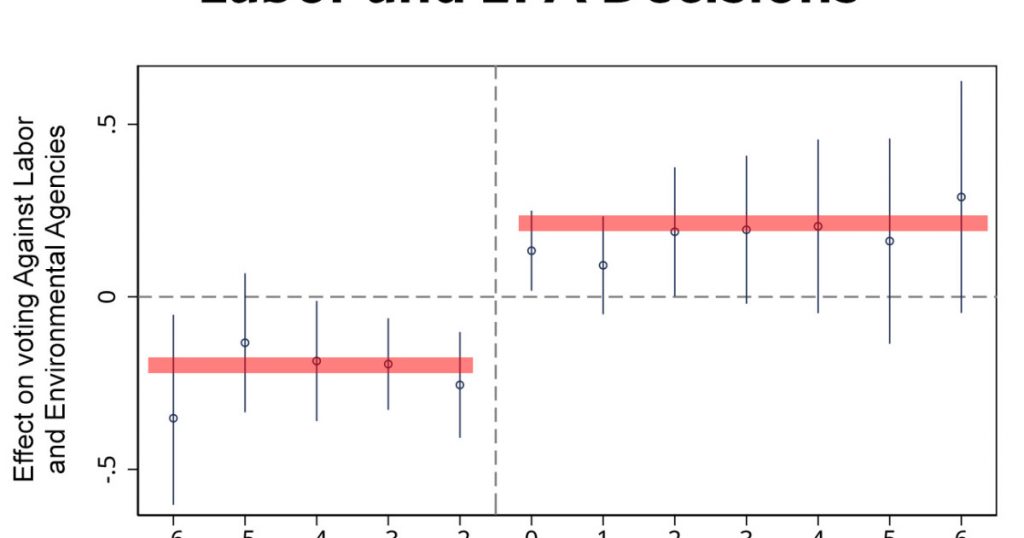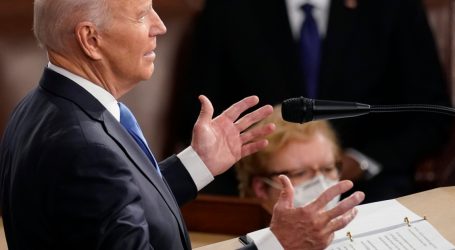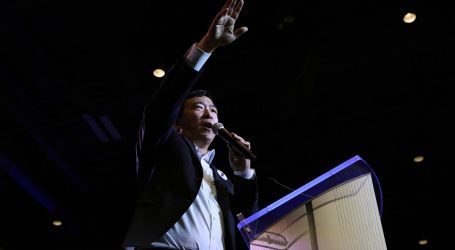Here’s How a Quiet Seminar Program Changed American Law
Looking for news you can trust?Subscribe to our free newsletters.
Henry Farrell points us today to a fascinating new paper about the effect of the law and economics movement on the decisions of judges. It’s based on attendance at the famous Manne seminars, created and run by Henry Manne, dean of the George Mason School of Law during the 80s and 90s. About half of all federal judges attended these two-week seminars, and the authors of the paper used computer-based linguistics analysis to figure out whether attendees changed their attitudes after their attendance. Long story short, yes they did:
We find that judges significantly increase their use of economics language after attending the Manne program….We find that, post Manne attendance, judges render conservative verdicts in economics-relevant cases. Further, using the 100% sample of machine-coded circuit cases, we find that Manne attendees subsequently are more likely to rule against regulatory agencies, for example the EPA and NLRB….. We show that the difference in sentencing harshness between Manne and non-Manne judges is highest after the 2005 Booker decision gave more discretion to judges in sentencing. We find that Manne attendance is associated with disparate sentencing. The results are consistent with judges learning a theories of simple deterrence and the use of stereotypes as being economically efficient.
As an example, here’s a chart showing judicial attitudes toward regulatory cases involving the NLRB and the EPA. Judges who attended the Manne seminars showed an immediate change, ruling more often against both agencies after returning from the seminar:
In 2005, the Supreme Court gave judges more criminal sentencing discretion in the case United States vs. Booker. The authors looked at sentencing decisions pre- and post-Booker for judges who had attended the Manne seminar and those who hadn’t:
As soon as they had the discretion, Manne-trained judged immediately began handing out more severe sentences than other judges. The authors conclude that using simple economic models to guide legal decisions does indeed make the judiciary more conservative:
Economics-trained judges significantly impact U.S. judicial outcomes. They render conservative votes and verdicts, are against regulation and criminal appeals, and mete harsher criminal sentences and deterrence reasoning. When ideas move from economics into law, ideas have consequences.
Economics likely changed how judges perceived the consequences of their decisions. If you teach judges that markets work, they deregulate government. If you teach judges that deterrence works, they become harsher to criminal defendants. Economics training focusing on efficiency may have crowded out other constitutional theories of interpretation. Economics training accounts for a substantial portion of the conservative shift in the federal judiciary since 1976.
I think the main lesson here is not that Henry Manne was evil or that economic reasoning is wrong. The main lesson isn’t about good or bad in any sense. Rather, this is just a great example of how to influence politics. There are lots of ways to do it, and some of them are quieter than others. In this case, Manne didn’t conduct his seminars as a fire-breathing libertarian. In fact, he apparently conducted them in a fairly evenhanded way designed to appeal to judges who view themselves as neutral arbiters. But aside from not being completely evenhanded, his primary influence came from simply introducing judges to a different way of thinking, and doing it in a persistent, persuasive way. If you can do this for enough judges, and if you can make your ideas easy to apply, you can make big changes. Henry Manne did—and if he could do it, so can we. It just takes a lot of patience.





